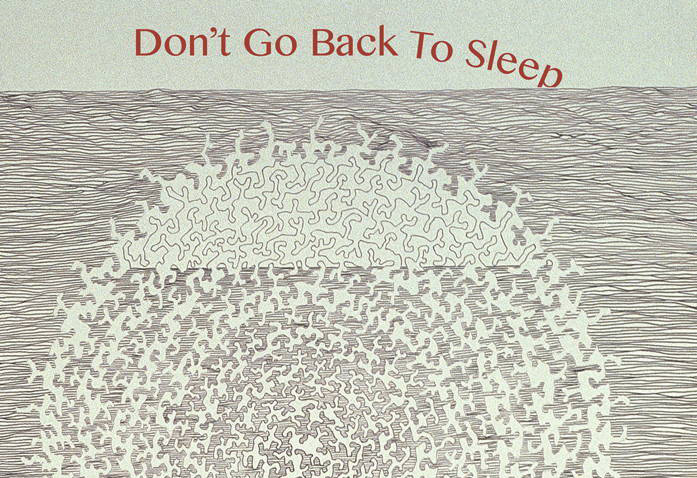On the edge of the Elizabethtown College campus, Bowers Writers House gathers writers and poets, alike, for readings and discussions of their work. This fall, Bowers hosts award-winning speakers Oct. 20 and 26 and Nov. 12. The events are free and open to the public.
At 7 p.m. Tuesday, Oct. 20, author Maria V. Snyder reads from her collection of fantasy and science-fiction novels. The writer has published 13 novels and 17 short stories for young adult to adult readers, winning awards for several of her works and reaching the New York Times bestseller list. Snyder discovered her passion for writing 15 years ago, after her job as an environmental meteorologist left her searching for more.
“My stories tend to have lots of action and dialogue,” said Snyder in a recent interview. “And I’ve gotten many emails sent late at night from grumpy readers who couldn’t put my book down to go to bed.”
(I get) goose bumps when one of my students finally ‘gets it’ and her writing jumps to a higher level!”
In addition to writing, she has her hands full with family and teaching a master’s in fine arts program in Writing Popular Fiction at Seton Hill University. Though she is only on Seton Hill’s campus 10 days out of the year, Snyder mentors students who are writing fantasy or science fiction as her way to give back into the writing community. Each month, the students send her pages from their thesis manuscripts and she critiques them. Snyder said she, “gets goose bumps when one of my students finally ‘gets it’ and her writing jumps to a higher level!”
Jean-Paul Benowitz, Elizabethtown College’s director of student transition programs, talks about his research on the history of the Pennsylvania Dutch communities at 7 p.m. Monday, Oct. 26. In Central Pennsylvania, tourists come in droves to see Amish attractions and other Anabaptist group cultures, said Benowitz, who also is author of “Elizabethtown College” from the Campus History Series and a local history tome titled “Elizabethtown” for the Images of America Series. In his talk, he discusses how Elizabethtown has a role in this interaction and how Dutch history shaped the town and plans to describe how the myths of the Pennsylvania Dutch are far from the truth. Benowitz said he hopes to shed a new light on the role Elizabethtown played on creating history, as it was founded on values shared with its Pennsylvania Dutch neighbors. These values, he believes, have created a stereotype for Elizabethtown that is distorted.
At 7 p.m. Thursday, Nov. 12, Timothy Liu, author of nine books of poems, reads from his latest collection, “Don’t Go Back To Sleep,” a finalist for the 2015 Lambda Literary Award. Besides this recent award, Liu’s poetry has appeared in Best American Poetry, Pushcart Prize and been translated into 10 languages. As a professor of English at William Paterson University, Liu juggles being a writer and a “regular human being.”
Living in Manhattan and Woodstock, N.Y., Liu finds passion and inspiration every day from his surroundings in the city, life circumstances and human relationships. As a gay Mormon, Liu has had long journey in romance and in finding and losing love.
“I think the emotional life is very dense, complicated and complementary,” said Liu in a recent email interview. “When I revise a poem, I find that sometimes humor or a twist at the end can amplify whatever is going on. I think the only way we can experience feeling is through contrast.”
Liu focuses on falling in love with multiple people in many of his poems, exploring how it feels to be tugged in different directions. In his discussion, he will read poems written for lovers, husbands, bridegrooms, therapists and even mothers. His take on poetry writing is far from conventional love poems, instead focusing on the raw emotional combat that one goes through in the process of falling in love.
“Poetry is an art form that produces intense feeling, and that’s why I’m attracted to it,” said Liu. “At its finest, it touches very deep wounds: individual, collective. It’s ecstatic, it’s spiritual, its healing. It rearranges the way we think about things.”


